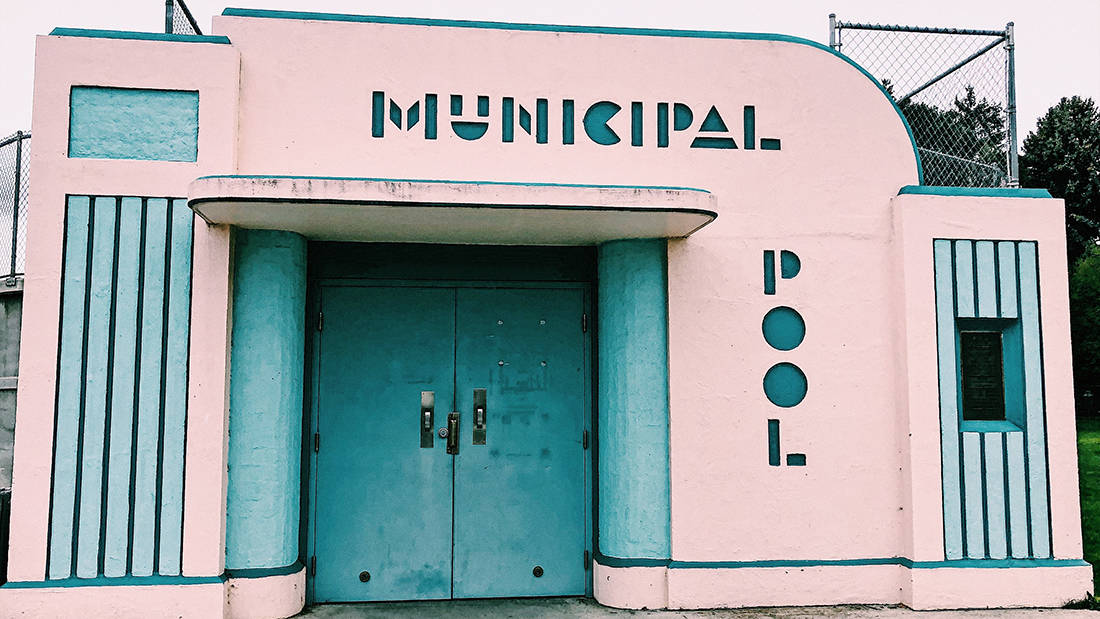


On June 12, Boise Mayor Lauren McLean announced her intent on the City of Boise’s website to hold the line on property tax increases. Her statement: “Boise, we hear you loud and clear about needing property tax relief.” The mayor then stated, “For that reason, I’m proposing zero increase in property taxes for the next fiscal year.”
Since her announcement, it seems as though many local journalists — and therefore many Boise residents — believe that property taxes will not increase this year.
I wish that were true. It is not: Property taxes in Boise will increase approximately 3% this fiscal year, which begins Oct. 1, 2020.
Yes, the City of Boise is taking a 0% increase this fiscal year in the “optional base increase.” This revenue source was described in the mayor’s opening statement to this fiscal year’s budget as the “base growth of property tax.”
However, property taxes are going up. So what gives?
As the saying goes, “There’s more than one way to skin a cat.” In this case, there are more ways than one to raise property taxes. In fact, though the mayor directly stated that property taxes are not going up for the 2021 fiscal year, the city’s budget itself tells a different story: “The City’s property tax budget is set to increase 1.6% compared to the FY 2020 budget.”
There’s more. That 1.6% increase does not include other factors such as the forecasted increases in property value assessments, which when taken together with the city levy rate, produces an actual overall property tax increase of roughly 3%.
The City of Boise’s website cites two ways that property taxes can be increased, as described on page 22 of this year’s budget. The first is the “optional base increase,” which this fiscal year is being held to 0%. However, the other source for increasing property taxes is revenue collected from growth associated with new construction and annexation. The city is collecting that second amount in taxes, which will result in property taxes increasing by 1.6%.
Additionally, the average increased property value assessment of 6.3%, when considered with the city levy rate, further increases that 1.6% increase. That dynamic is laid out in the City’s budget, page 52. That increase, when taken with the 1.6% increase for new construction, results in an approximately 3% effective increase in property taxes.
Lastly, the Boise City Council approved a resolution on July 21 which reserves the city’s ability to recover the property taxes it passed up from Fiscal Year 2021’s budget. What is the effect of that resolution? It means the City of Boise retains its ability to collect all taxes it chose not to collect for fiscal year 2021 and to tack them onto future property tax increases — so much for that 0% increase the mayor continues to tout.
All that to say, I’m sorry Boise residents, but yes, your property taxes are still going up — 3% this fiscal year — despite the political talking points to the contrary. Also, by passing the resolution reserving the right to claw back the property tax increase not taken this year, the city has left open the possibility to simply shift those taxes property tax not collected this year to a future date.
How can Boiseans obtain real, lasting property tax relief?
One obvious solution: Reduce government spending. Doing so would be a big factor in driving down the city levy rate, which is the easiest way of offering lasting property tax relief to Boiseans.
However, to reduce spending would mean doing away with some of the extravagant and unnecessary projects and programs proposed by the mayor and city council. In the meantime, people should at least know the truth: Yes, Boise residents, your property taxes are once again going up.
Help the Idaho Freedom Foundation keep Boise from becoming the next Portland or Seattle. Join our Boise text group below for breaking updates and important content you can use to protect this city.

